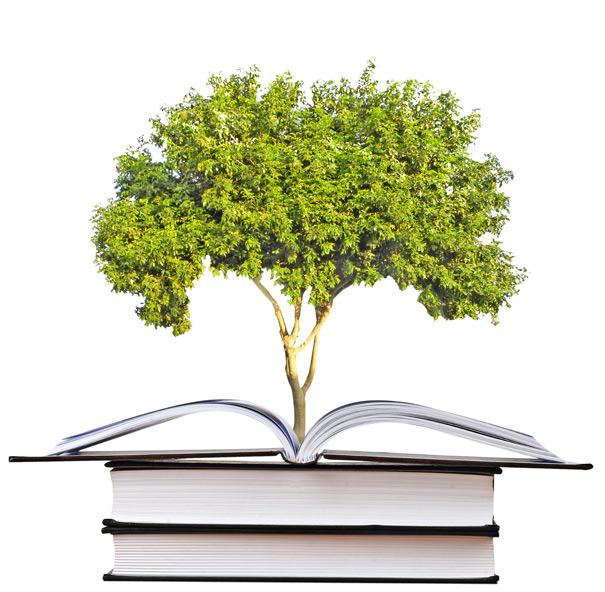I came back a few weeks ago from teaching a Yogaworks 200H teacher training and a couple of workshops in Strasbourg, France and that thought came to mind: the more I know about yoga, the less I know!
Since 2003, I took many trainings and workshops. Every year that passes I keep learning and deepening my knowledge. That is what keeps me in my practice, what inspires me and grounds me in my teaching, what keeps me interested. I have gathered thousands of hours of training and thousands of hours of teaching over the years and yet, this feeling of knowing less (I guess, little would be more appropriate) is present.
Don’t be alarmed, I’m not writing this with sadness or worries, I think this is actually a very healthy thought to have for it pushes me to keep learning, to get better, to experience more.
I’ve noticed that there are several steps in knowledge. At the beginning, we absolutely want to know the correct and only answer: it should be this way and no other way. I often see it with the students who take the trainings, it has to be black or white. And this is completely normal. Our brain needs to receive tangible, clear, precise information to retain them. We are already learning new information when taking a training so if in addition nothing is precise, it becomes destabilizing. If the feet are together in Tadasana, Mountain pose, then this has to be the rule, the truth for every body. But, is it that simple?
I’m giving you the answer right away: not at all and that is what I care to teach to my students.
I remember my first serious yoga experience. It was in India, in Rishikesh, with my Iyengar teacher: Karyn O’Bannon. She had one of the highest levels of teaching in the Iyengar tradition. She, unfortunately, passed away in 2013. Like many Iyengar teachers, her teaching style was strict and disciplined but at the same time she had a touching and moving humility. She’s the one who gave me the desire to keep practicing yoga in 2003 and to keep learning. I was in awe of her knowledge of the body and I thought at the time; if one can have such an understanding and connection with the body; even knowing what our pinky toe should be doing, it must open incredible gateways to our mind, to its control and allow harmony between the body and the mind. I’m so thankful to her for she had such a huge impact on my path.
I needed this guidance, these precise instructions, this rigor, to give me the wings I needed. And beyond her precision she was such a spiritual person.
So often, at the beginning, we are too rigid in our instructions to eventually realize that it’s not as black or as white as we thought but that there is a world between the two where most of us actually live. Paradoxically, this awareness can only come if we keep on learning, on continuing our education and on practicing. The more we learn, the more we discover the subtleties of yoga. The physical subtleties, the subtleties of energy, the mental subtleties…Yoga is such a vast subject and that is what I love so much about it. It’s like the Russian dolls except that in yoga, there is no end. We unveil new layers thanks to the maturity of practice and teaching we develop. And the more we learn, the more we realize that we are barely understanding all the depth of some concepts. Why? Because in yoga, it is all about feeling, everything is experience, everything is a practice to connect to oneself. And this take time and patience. Each person will have a different path, different levels of awareness, different approaches, different sensibilities in their learning.
In his book: “Outlier: the story of success”, Malcolm Gladwell explains the 10 000 hour rule to master a subject, a skill. Others replied that it’s not necessarily true, some people need more hours and other need less. It all depends on the quality of attention during the learning. If you are interested on the subject, here is the link.
I couldn’t agree more with this concept of quality of practice. The philosophy of yoga actually talks about this. I love when modern situations or discussions are being confirmed by an ancient text. In the Yoga Sutras of Patanjali (compiled about 200BCE- 400CE), there is that concept of Abhyasa which means practice or effort. Patanjali says that our practice should be done with faith or with all our heart to have greater progress. They are saying the same thing!
So I’ll keep learning, I’ll keep practicing for the rest of my life with the same passion and curiosity I’ve been feeling all these years. And perhaps as long as I’ll feel that I don’t know much, I’ll be on the right path because the day I’ll feel I know a lot, my ego will have taken too much space.


